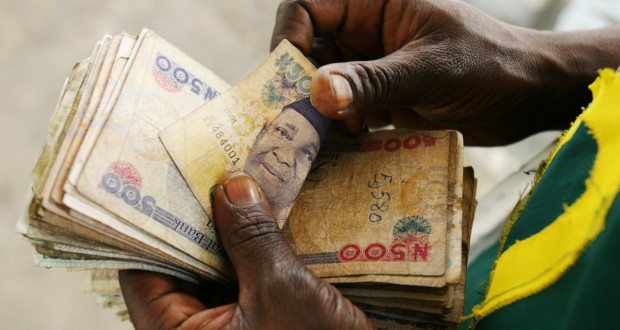According to the recently released report by the National Bureau of Statistics (NBS), Nigeria’s headline inflation rate rose in the month of July 2022 to 19.64% year-on-year. This is an increase of +104bps from 18.60% y/y recorded in the previous month (June 2022). An examination of the NBS inflation data shows that this is the highest since September 2005 when the inflation rate hit 24.32% year-on-year. On a month-on-month basis, the headline inflation rose by 1.82% in July 2022. This is the same as the rate recorded in June 2022 (1.82% m/m). In our view, higher energy prices and continued depreciation of the local currency against the US Dollar were the key drivers behind this uptick.
Vetting the Components
Food inflation: Food inflation had the biggest impact on headline inflation as the food basket increased by 22.02% y/y in July 2022. This is higher by +142bps when compared to the rate recorded in June 2022 (20.60% y/y). We highlight that this increase was due to the combined impact of the widening supply-demand gap and rising production costs which was majorly driven by the passthrough effect of higher energy prices that had a toll on transportation costs. Looking at the data, we note that the last time the food index was this high was in March 2021 when the food inflation rose to a high of 22.95% y/y. At this time, the after-effect of Covid-19 has peaked bringing a downshifting in both food and headline inflation rates.
Core inflation: Core inflation, which excludes agricultural produce, increased in the review period to 16.26% y/y. This is +51bps higher than the 15.75% y/y recorded in the month of June 2022. Also, we note that this is the highest since November 2016 when it printed 18.24% as all the sub-baskets under the core inflation rose. Notably, price growth was recorded across Transport (17.58% y/y), Clothing and Footwear (17.73& y/y), Recreation & Culture (16.04% y/y), Restaurant & Hotels (15.39% y/y) and Education (16.01% y/y). In our view, this upsurge results from higher energy costs that developed a direct impact on aviation costs and other means of transportation. Imported inflation further compounded the upsurge while the depreciation of the Nigerian Naira persists in both the official and the parallel market.
To Ease but Stay Elevated
For the month of August 2022, we expect the headline inflation rate to continue its upward trend holding to the persistent FX pressure on the local currency, higher energy prices, and the uncapped supply-demand gap in the country. Consequently, we expect headline inflation to settle at 20.32% year-on-year for the month of August 2022.
As we approach the harvest season, we anticipate that food prices will ease as we expect an improved food supply. However, while holding other factors constant, we do not consider this to kick off in August 2022. On this note, we expect food inflation to print at 23.26% y/y for the month of August 2022. This is +124bps higher than the rate recorded in July 2022. We also expect core inflation in August 2022 to continue its uptick to 16.56% year-on-year, a 30bps increase (July – 16.26% y/y).
Overall, our analysis suggests that the headline inflation will stay elevated for the rest of the year 2022 because the factors keeping the rate propelled are likely to endure. In addition, we think the inflation rate will not be responsive to an interest rate hike in the short run as the pressure is surrounded by structural issues. Though, we expect food inflation to moderate as we enter the harvest season in September. We do not foresee this moderation impacting the headline inflation significantly as we expect prices to pick up during the festive period.
